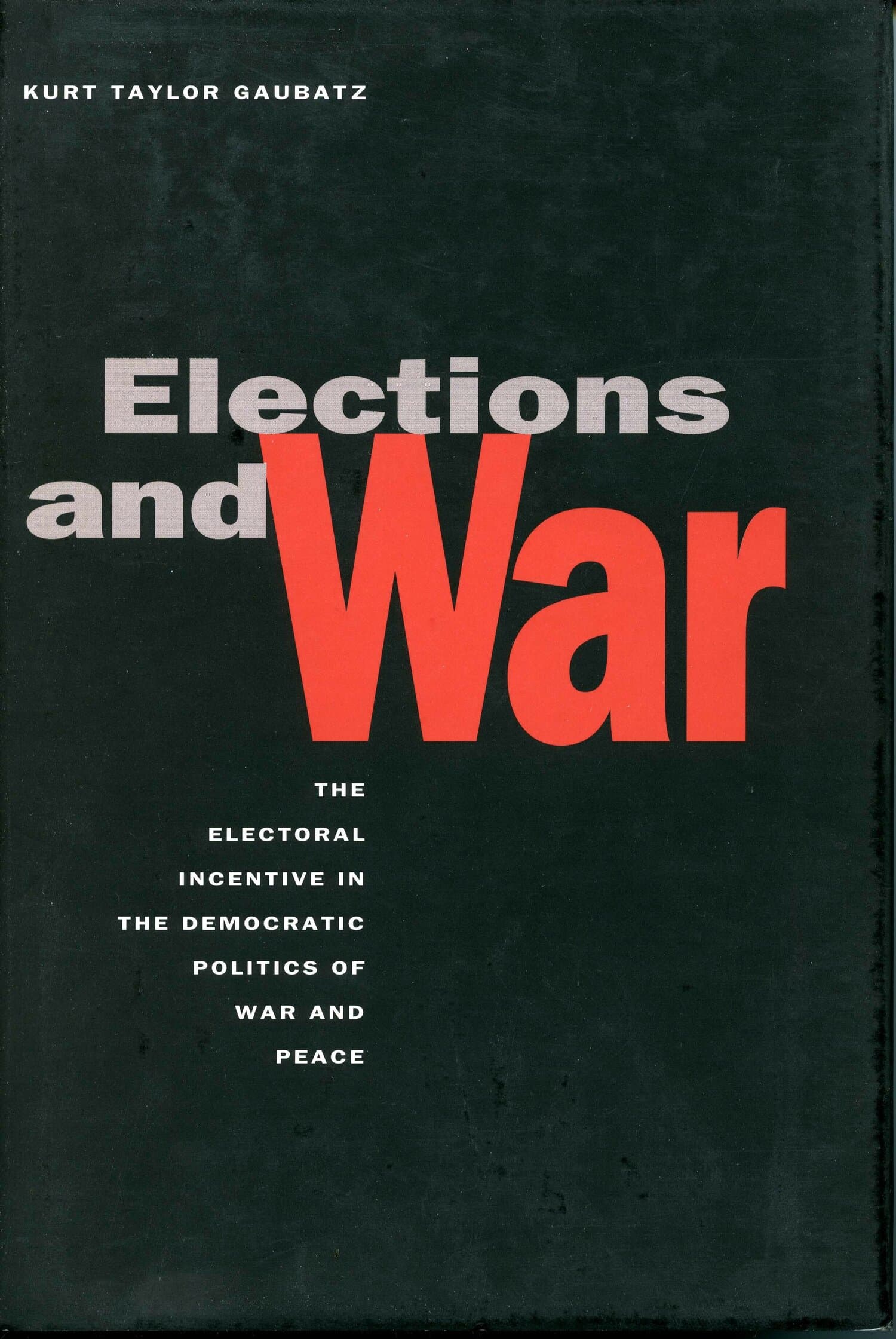The Constitution of Electoral Speech Law

Bush v. Gore brought to the public's attention the significance of election law and the United States Supreme Court's role in structuring the rules that govern how campaigns and elections function in America. In this book, Brian K. Pinaire examines one expanding domain within this larger legal context: freedom of speech in the political process, or, what he terms, electoral speech law.
Specifically, Pinaire examines the Court's evolving conceptions of free speech in the electoral process and then traces the consequences of various debates and determinations from the post-World War II era to the present. In his analysis of the broad range of cases from this period, supplemented by four recent case study investigations, Pinaire explores competing visions of electoral expression in the marketplace of ideas, various methods for analyzing speech dilemmas, the multiple influences that shape the justices' notions of both the potential for and privileged status of electoral communication, and the ultimate implications of these Court rulings for American democracy.
"This book offers an important analysis of the conceptions and rhetorical modes used by justices to frame and decide cases involving electoral speech. In doing so, the author demonstrates control of the literature on election law, democratic theory, and the process of Supreme Court decision making."—Perspectives on Politics
"Pinaire's volume is a worthy read for those interested in legal development...Few other volumes are devoted to an understanding of how the Supreme Court blends disparate lines of legal thought. It is a welcome addition to the literature." —Law and Politics Book Review
"Pinaire has addressed in depth the elements and episodes that comprises the rules and regulations governing electoral speech law in the US...This is an exceptionally fine analytical treatise covering the intersection of policy and law in the area of electoral free speech."—CHOICE
"I know of no other work that adopts the analytical framework advanced by Pinaire; nor do I know of any other work that so carefully joins together the scholarly traditions regarding the legal regulation of speech, on the one hand, and the legal regulation of the electoral process, on the other." —Timothy V. Kaufman-Osborn, Whitman College
"Pinaire provides the first comprehensive analysis of the Supreme Court's 'electoral speech' decisions, deploying an original combination of methods to advance our understanding of this significant, yet understudied, area of the law."—Thomas M. Keck, Syracuse University
"Brian Pinaire has produced an intriguing volume that traces the constitutional development of freedom of speech within the context of campaigns and elections...Few other volumes are devoted to an understanding of how the Supreme Court blends disparate lines of legal thought. It is a welcome addition to the literature." —The Law and Politics Review




